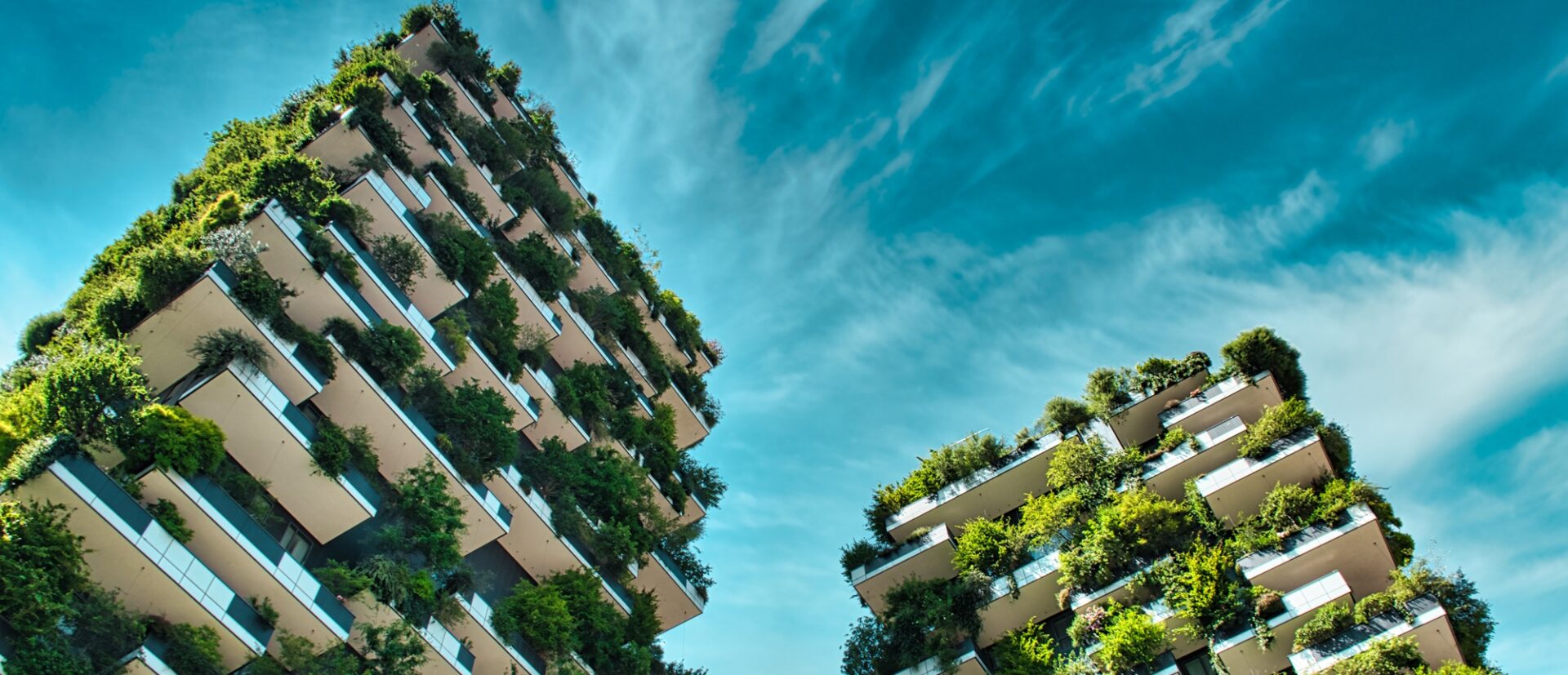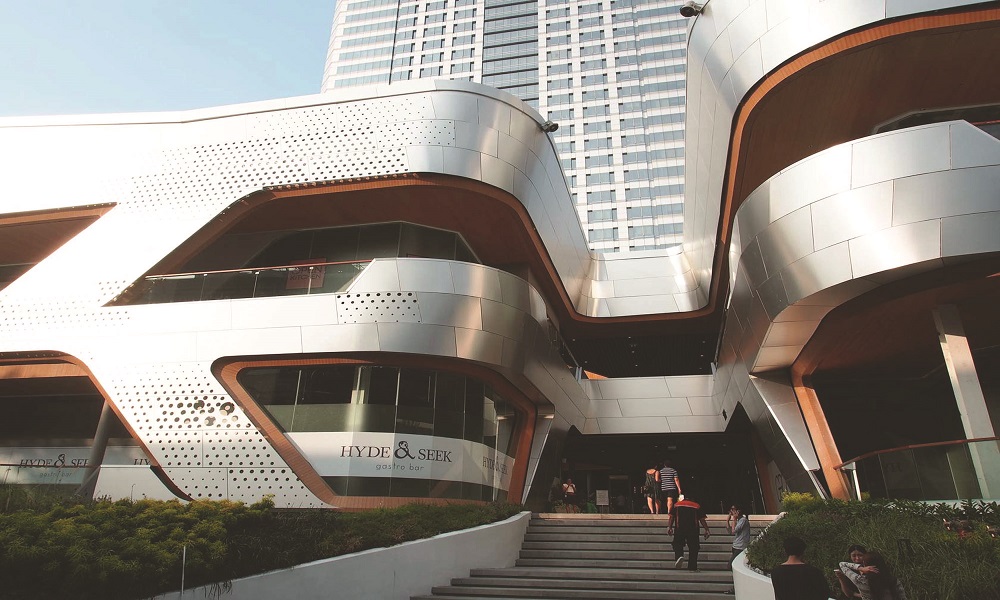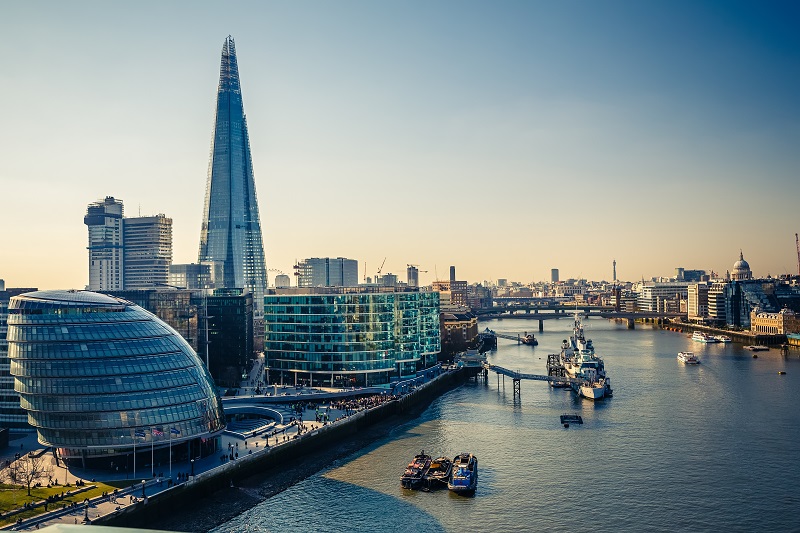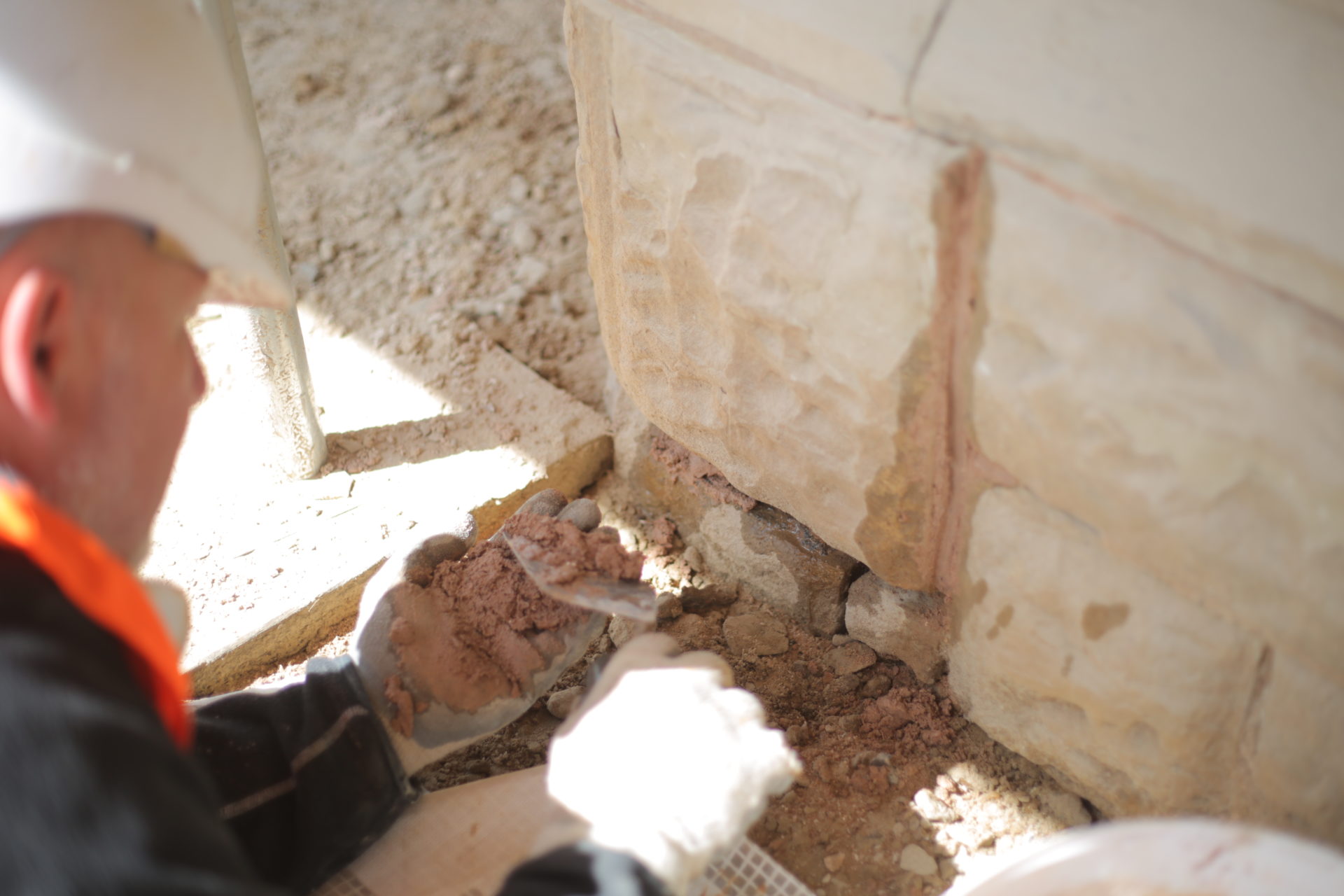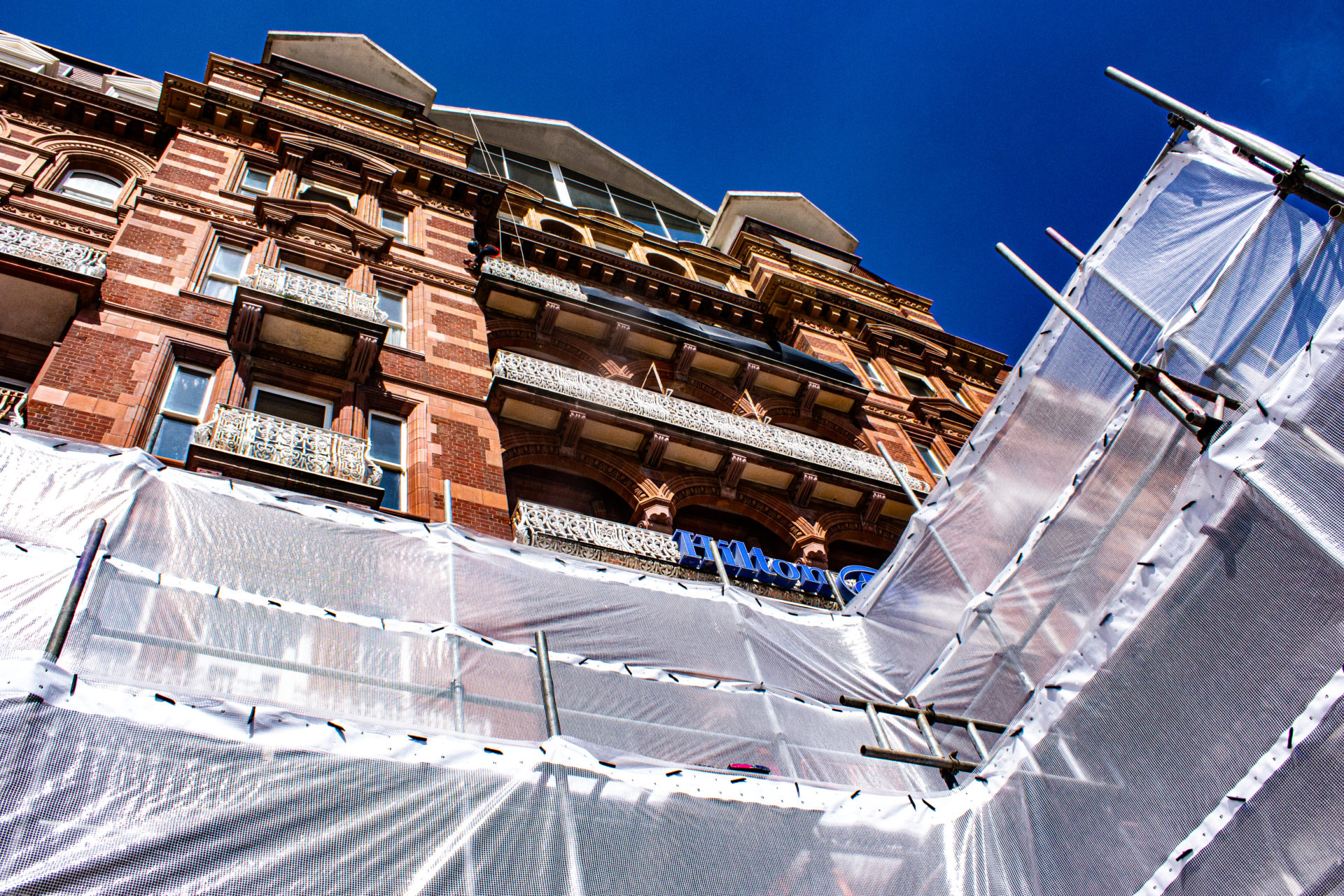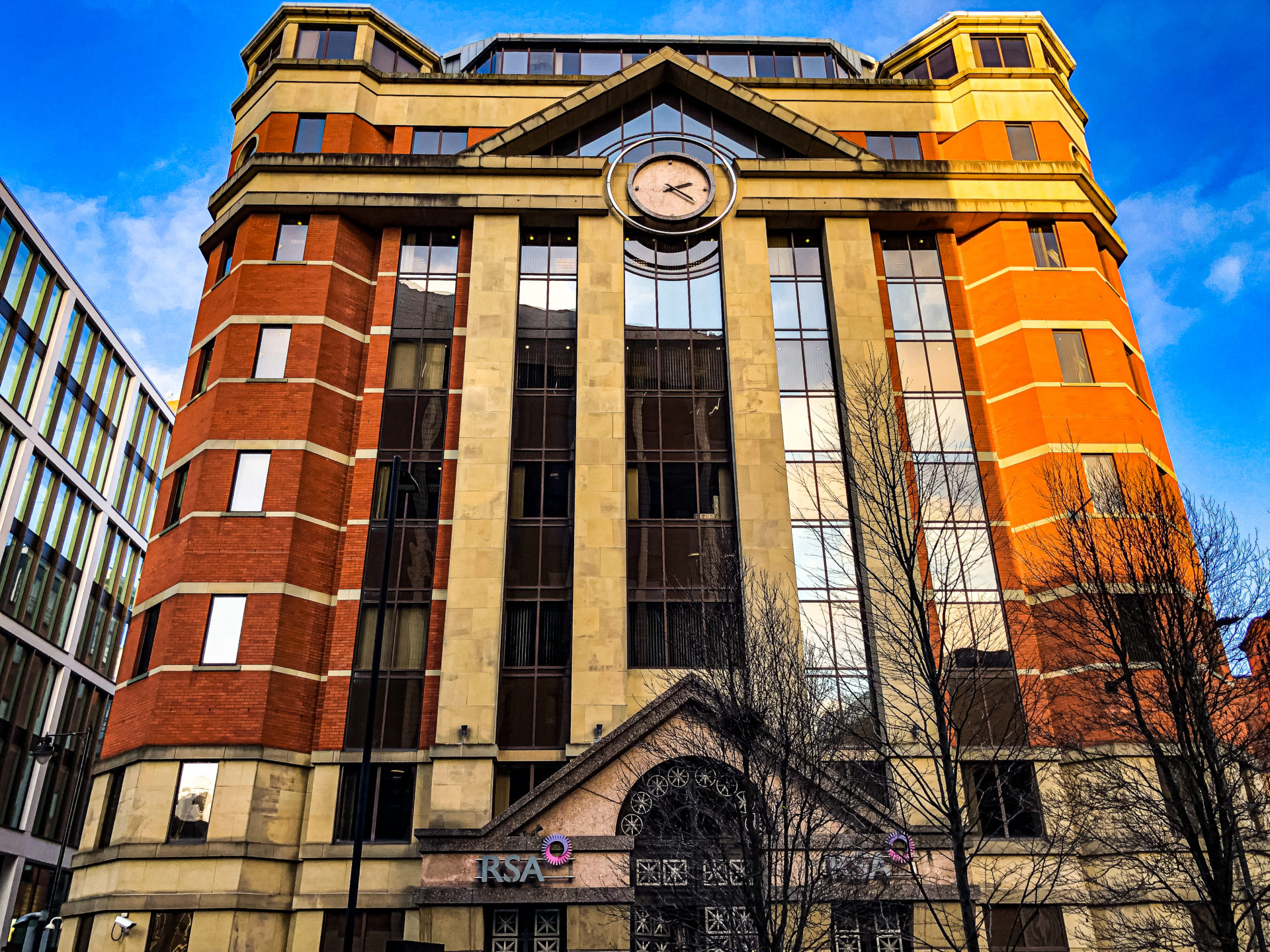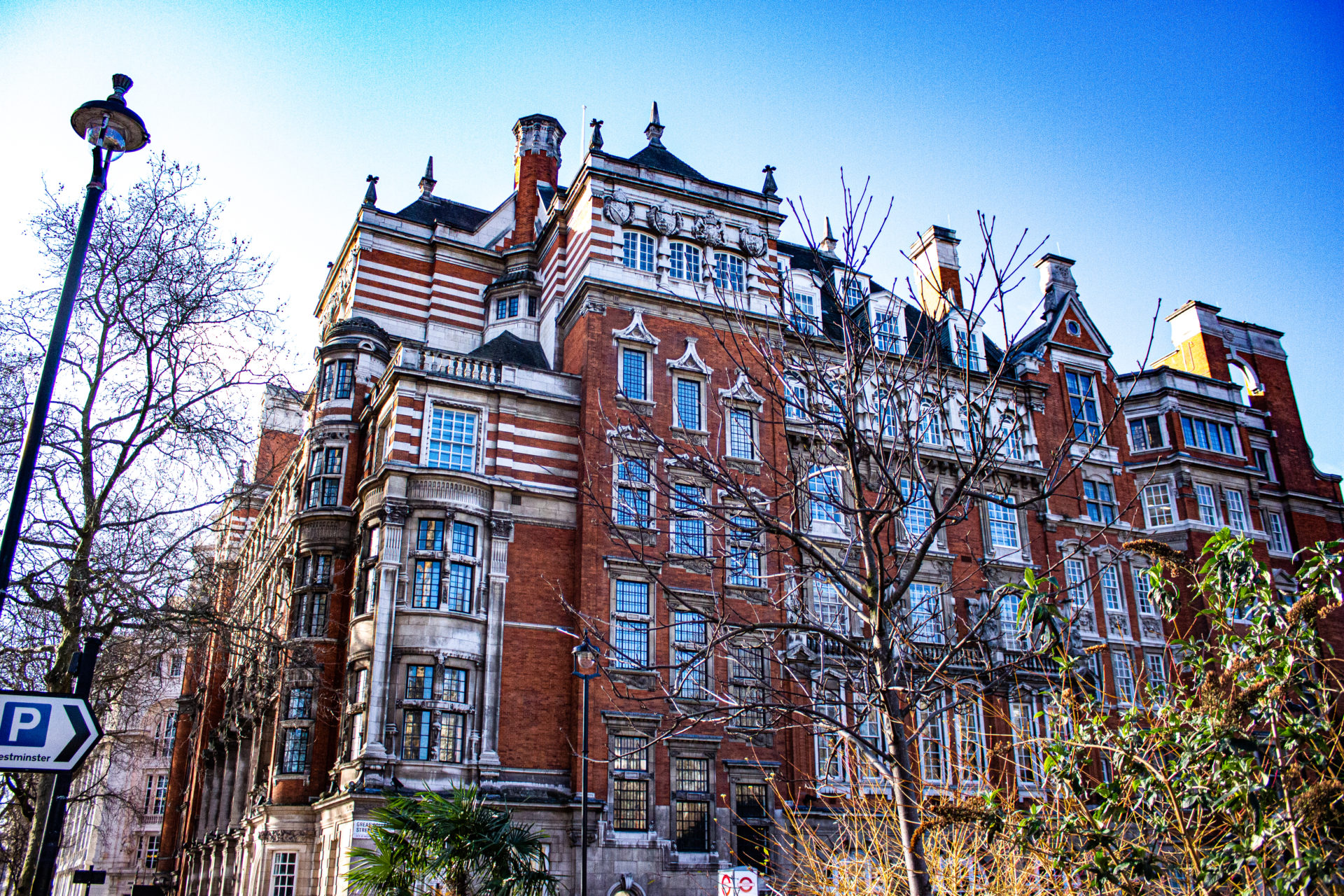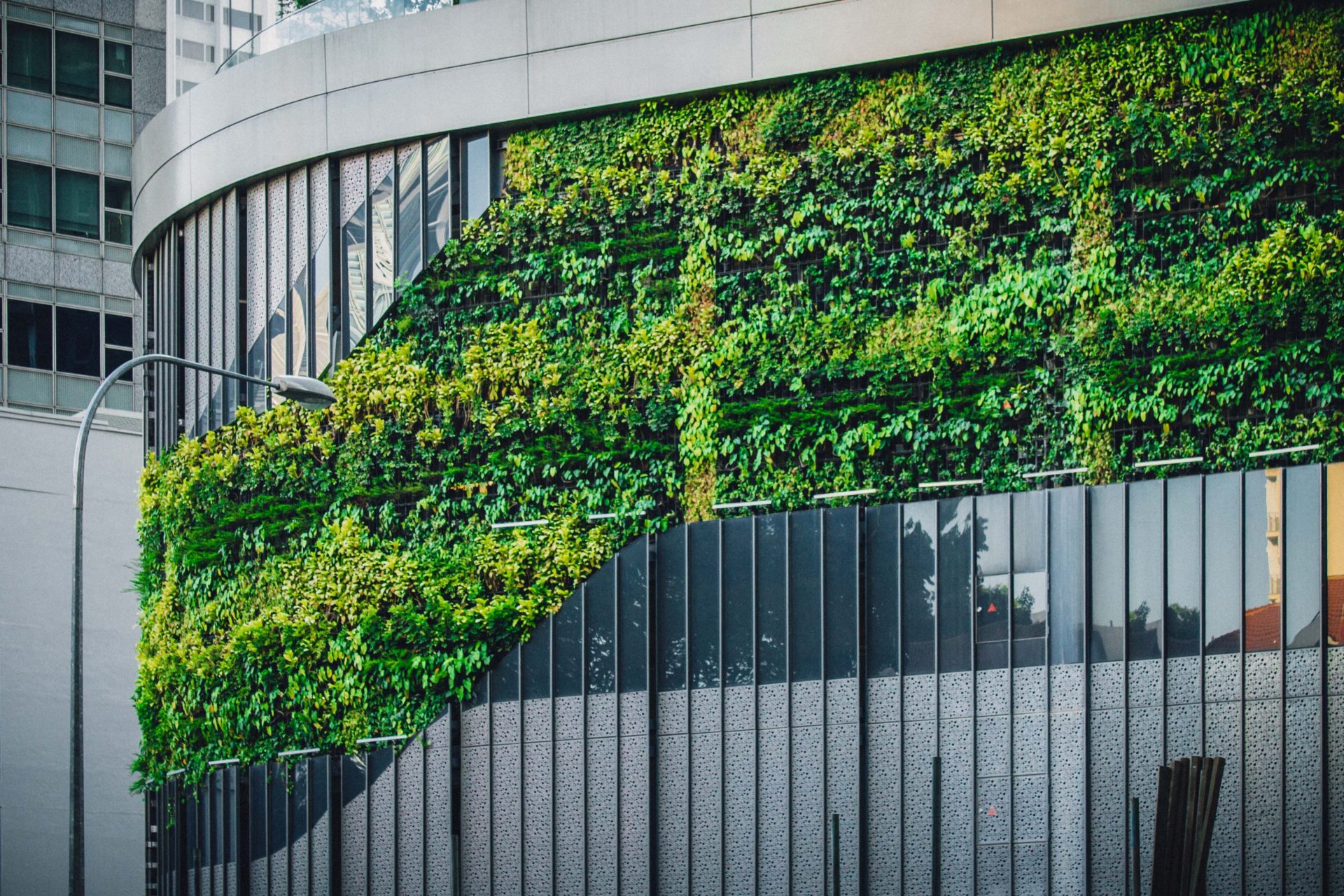Climate change and rising carbon emissions continue to have a considerable impact on ecosystems, communities and economies globally. The hospitality industry is especially vulnerable to such adverse changes as the cost of operations continue to rise. Several tourist destinations are becoming exposed to rising sea levels and extreme weather conditions which could potentially have serious repercussions in the future.
As part of the Paris Agreement, governments and the private sector across the world are working together to steer their respective economies towards the low carbon path.
The impact of the hospitality sector on the environment
According to the 2019 GRESB Real Estate Assessment, the hotel industry has a significant negative impact on the environment because of its heavy consumption of water, consumable goods and energy. Amongst all commercial buildings, hotels are known to be the highest per square foot energy and water consumers, easily surpassing offices and retail properties.
The carbon emissions from full-service hotel buildings are also rising to alarming levels. To effectively control this growing problem, it has become necessary to plan and implement sustainable policies which are safe and friendly to the environment. According to industry estimates, hotels needs to reduce their carbon emissions by 66% in 2030 and 90% by 2050 to comply with the global sustainability goals.
What is a sustainable hotel?
According to ULI Global Chief Executive Officer, W Edward Walter, sustainability in hotel development is an irreversible trend. The rapid changes sweeping across the industry will be a permanent fixture and shall continue to evolve further. He further stresses upon the point that sustainable practices are the demand of the market today, with younger and older generations placing increased emphasis on green and sustainable development.
Sustainable hotels are in essence sustainable buildings which have successfully implemented resource-efficient models of construction coupled with sustainable practices related to maintenance, renovation and operation. Over time, a global consensus has been developed on defining the criteria for qualifying as a sustainable hotel. The three major points include:
- Getting the required national approvals as being ‘green’ or having internationally recognised certifications.
- The ability to quantitatively measure energy, water and material savings.
- Superior resource efficiency compared to baseline buildings that haven’t implemented resource-efficient designs.
Resource efficiency and resilient development practices are critical for the sustainable growth of the hospitality industry and communities in general.
Benefits of sustainable practices in hotels
The adoption of comprehensive sustainable practices in the hospitality sector has been rising globally. Far from being an obstacle to commercial success, sustainability is a driver of growth.
Hotels are gradually understanding the importance of implementing environmentally conscious and eco-friendly policies.
Increased revenue and profitability
Industry trends, especially in the last decade conclusively show individual and business guests are more likely to stay at sustainable hotels even if they must bear an additional cost. A study conducted by Trip Advisor indicated 34% of travellers are willing to pay extra to stay at an environmentally friendly hotel. Similarly, according to the 2018 global Sustainable Travel Report by Booking.com, 87% of travellers preferred travelling sustainably among which 39% frequently do so.
In the corporate sector, where multinational organisations are developing proactive Corporate Social Responsibility policies, businesses are becoming increasingly aligned with hotel partners which share similar values to achieve sustainability goals. With low hanging fruit sustainability practices, hotels can differentiate themselves from their competitors and enhance brand loyalty.
Sustainable hotels and cost perception gap
Due to the pervading myth that the cost of design and maintenance of sustainable buildings is much higher than the industry average, a significant cost perception gap exists. This is because of the increased initial capital expenditure coupled with the cost of relevant certifications. The initial higher costs are, however, offset by decreased lifecycle cost and payback periods between 1 to 5 years.
According to US Building Green Council (USGBC), by implementing sustainability measures hotel owners have reported improvements in ROI by 19% on existing building projects. Sustainable hotels are both cost-efficient and resource-efficient, providing great returns on investment.
Importance of sustainable façades
A significant proportion of the building stock in the hospitality industry is mature. This essentially means if effective sustainable policies must be implemented, they need to be done through the existing building stock.
Regardless of how smartly a building is constructed, its functionality and efficiency will gradually decrease over time. Because of this, buildings should always be designed with energy efficiency kept as a primary consideration. A large proportion of energy exchange with the environment occurs at the building envelope interface. Therefore, roofs and façades are the primary drivers of energy efficiency and performance. Sustainable façades reduce energy consumption, improve the overall outlook of the building, and improve air quality.
Façades account for 30 to 40% of a buildings total budget. If we add the maintenance cost of façades throughout their lifetime, they account for 5-10 times more than the cost of initial installation. The intelligent application of façade technology with a proactive maintenance plan significantly increases energy savings and increases indoor comfort for the guests. Research shows smart designs not only reduce operational costs but also cut down energy consumption by 30%.
Modular constructions
Modular constructions are an efficient and innovative construction technique, becoming increasingly popular with hotel chains internationally. The technique is well suited for damp weather conditions in the UK. The construction protects the walls, ceilings and roof against water ingress. Furthermore, since the hotel modules are prefabricated, the construction process is much quicker than the traditional construction process in adverse weather conditions.
Modular constructions are instrumental in improving the efficiency of new extensions. The best feature of modular constructions is that not only are they ideally suited to new buildings, but they also work equally well with an existing building. Customisation and modifications are easily executed with less construction time.
Embracing a greener future
The innovation of materials and design are critical for supporting sustainability targets in the future. Green hotels are leading the way in championing sustainability practices, with leading hotel chains across the world following suit and investing heavily in environmentally sustainable designs and systems.
Older hotels will also have to transition towards greener alternatives for upgrades and sustainable maintenance services by implementing a more holistic approach and showing commitment towards reaching sustainability goals. By integration of innovation with scalable and cost-effective strategies, we can work towards a more green and sustainable future. At Building Transformation, we are driven to create sustainable maintenance plans tailored to the specific needs of your building.
Contact us today, we can devise and execute bespoke sustainable plans, unique to your property, that is compliant with global sustainability targets and needs of 21st-century buildings.


